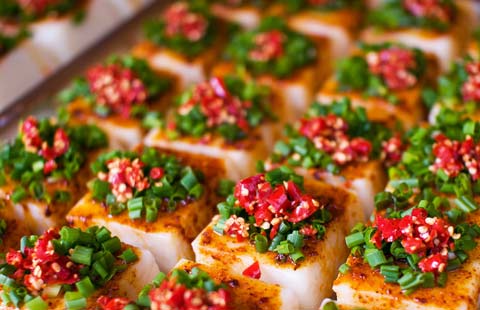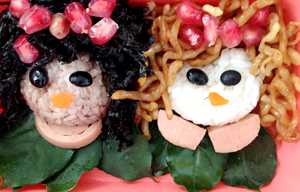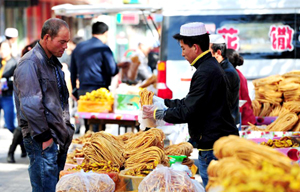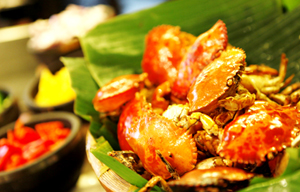
Maersk Line and the Alliance Group signed a long-term service contract recently. The deal will see the former as the principal carrier of the Alliance Group' s annual 4,800 TEUs (20-foot equivalent units) of frozen sheep meat, which is discharged in north China's Dalian port, before being further processed and sold through wholesale or retail channels throughout the vast country.
In addition, Brown sees chilled meat as the next potential growth surge for trade in China, where the evolution of the middle class means that sophisticated and seasoned shoppers -- those able and willing to pay a premium for quality -- will soon emerge as the dominant force.
Because of its freshness and quality, chilled lamb commands a premium price. However, the products have a shorter shelf life and require careful temperature control during storing and transportation. At the moment, due to regulatory controls and a lack of proper infrastructure, New Zealand meat exporters are not shipping chilled products to China.
"Right now most of our China exports involve high-value frozen sheep meat. China is a volume market at the moment. The next aspiration for this trade is probably to look for value such as chilled lamb," he said.
"As China' s middle class grows with rapid rural to urban population migration, the demand for higher-value products will be there when consumers have more disposable income in the coming years. Regulatory authorities will have to allow for chilled meat to be imported, which will open new opportunities for us."

China's top 10 foodie cities |

Cute boxed meals |

Muslims greet annual festival of Eid al-Adha in Yinchuan |

Cafe Noir hosts Singapore food festival |

7 hot drinks to make Christmas merrier |

Sleep in a snow hotel |

Pastry Paradise exhibition opens in London |

Kids Rock the Kitchen with Chopsticks & Beyond |